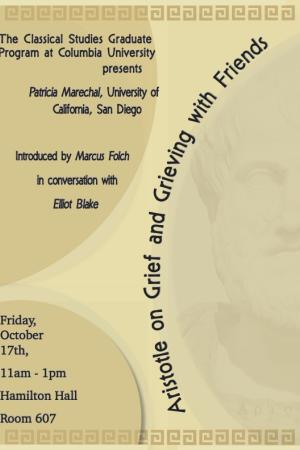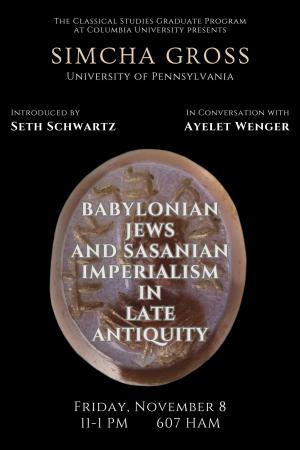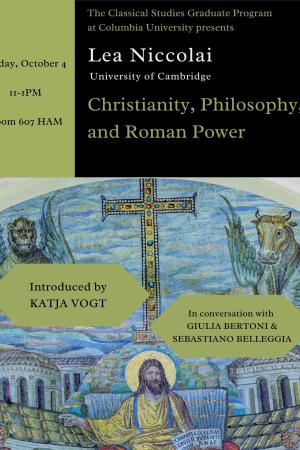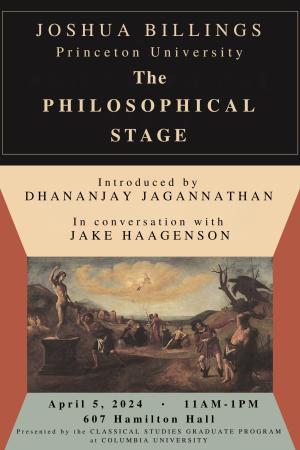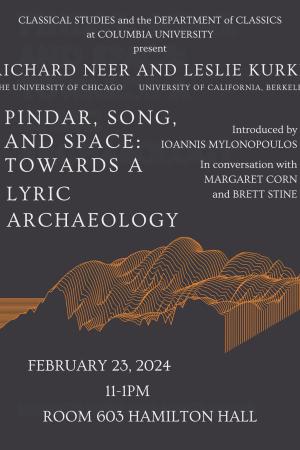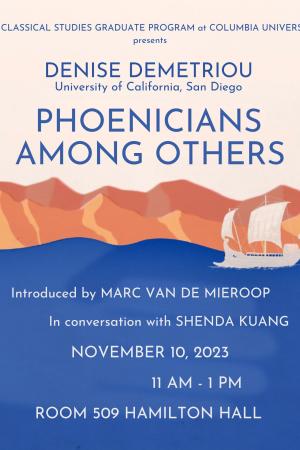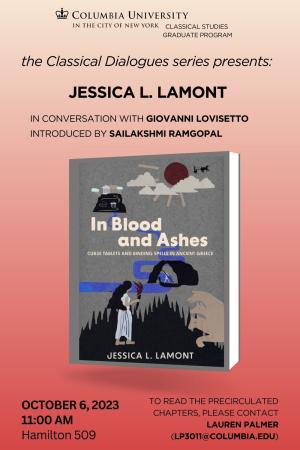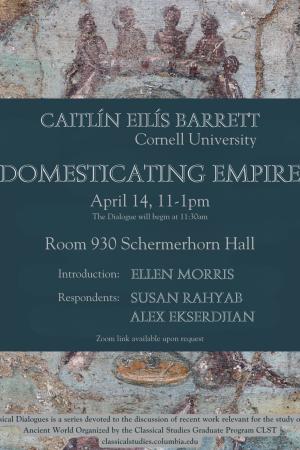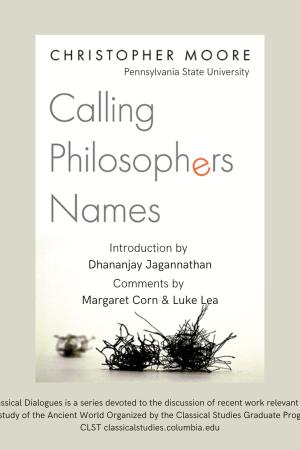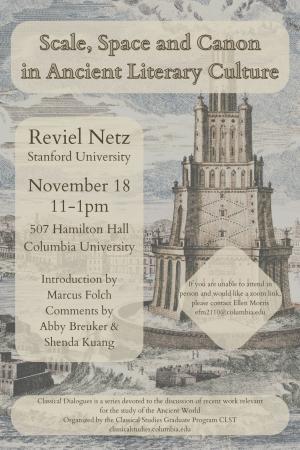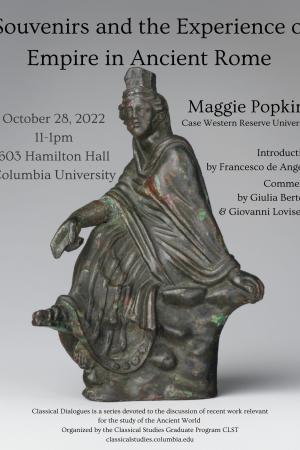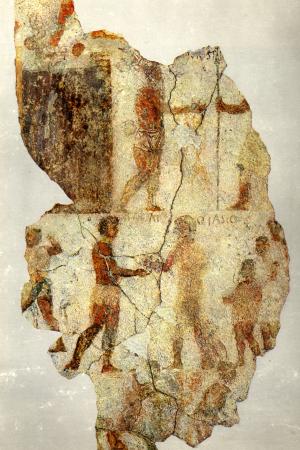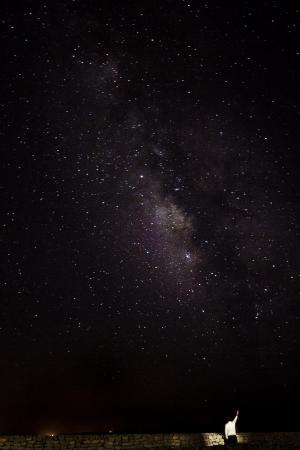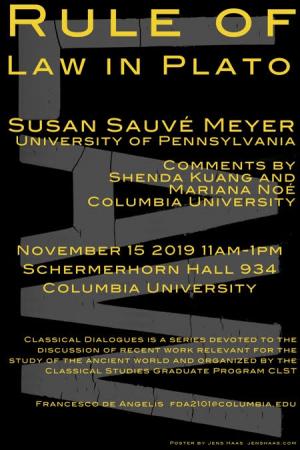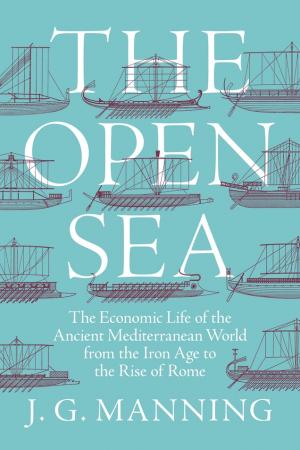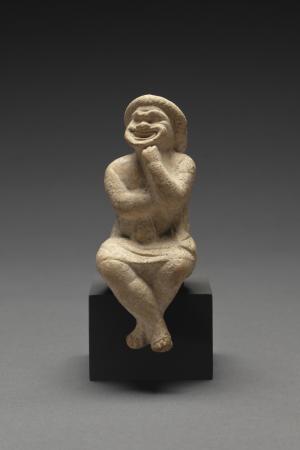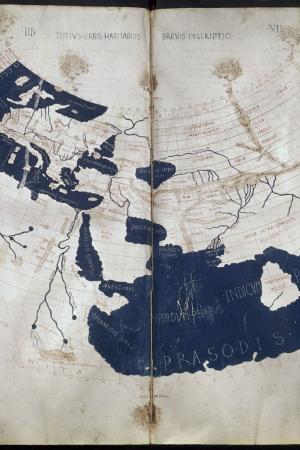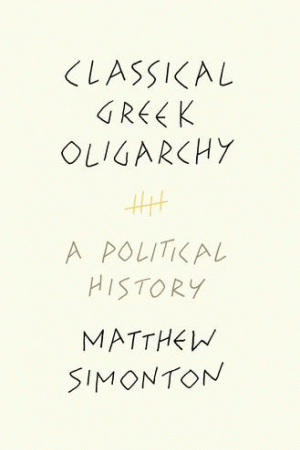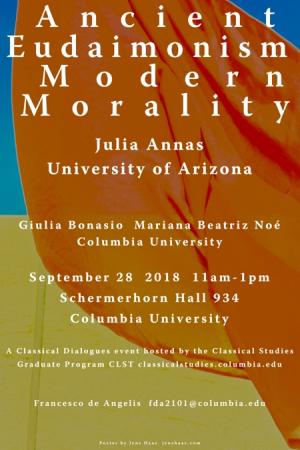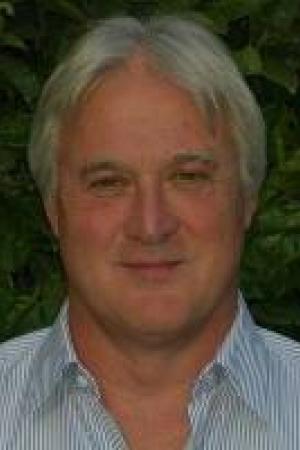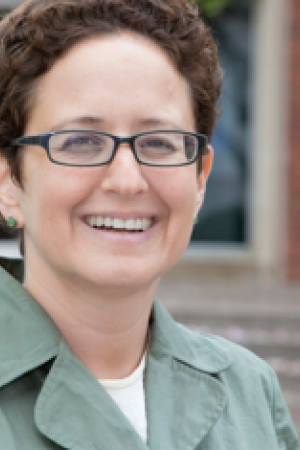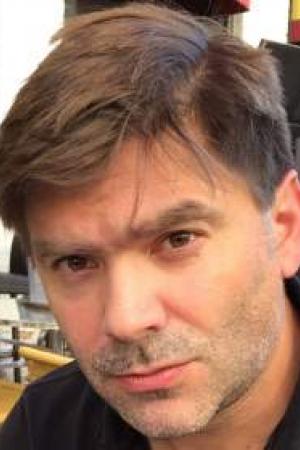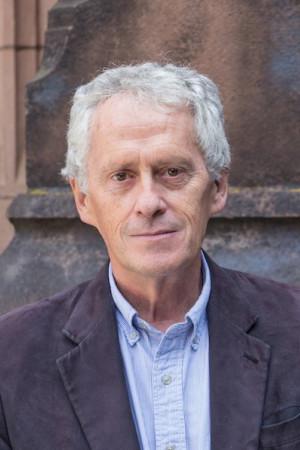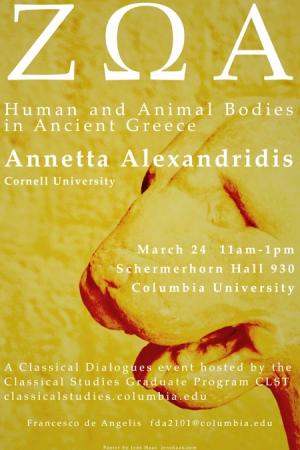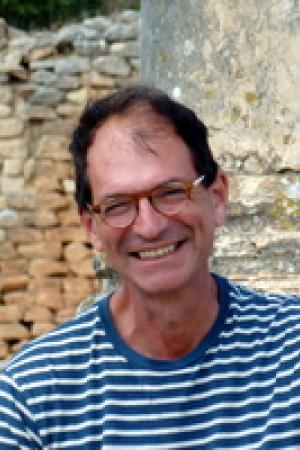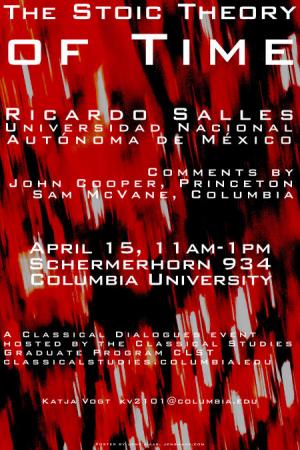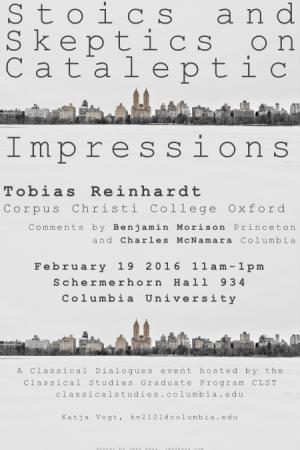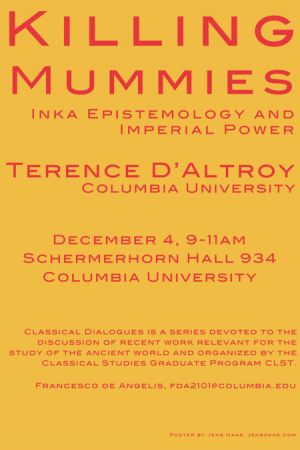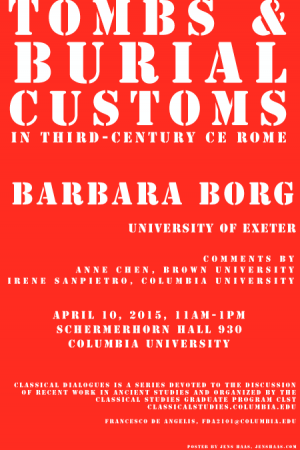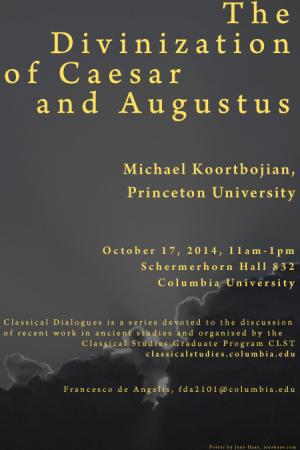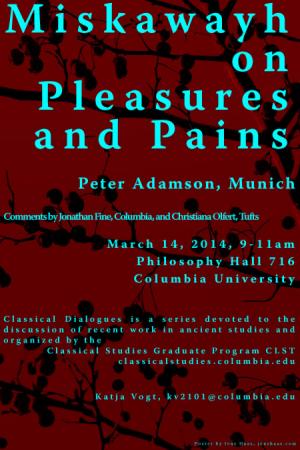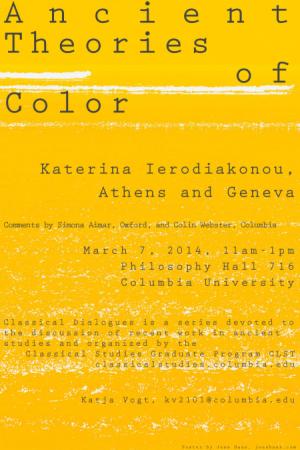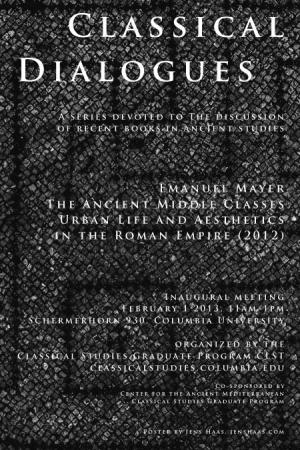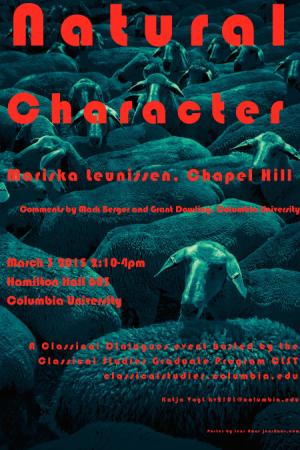As part of its Classical Dialogues series, the Classical Studies Graduate Program CLST at Columbia University is pleased to welcome Mariska Leunissen from the University of North Carolina at Chapel Hill. On March 3, 2015, 2:10-4pm, Mariska Leunissen will discuss her paper “Aristotle on Natural Character and its Implications for Moral Development.” Comments by Mark Berger (Columbia University) and Grant Dowling (Columbia University). Location: Hamilton Hall 603, Columbia University. Please see below Professor Leunissen’s description of the larger project to which the paper belongs.
My current project explores the implications and influences Aristotle’s science of nature has on his ethical and political treatises, both in terms of content and of methods. I have started working on a new book project, tentatively entitled From Natural Character to Moral Virtue in Aristotle, which explores Aristotle’s – often ignored – treatment of natural character in the natural treatises with the aim of juxtaposing this with his views about moral virtue in the ethical treatises. The book will also comprise a chapter on the ‘science of character’, dealing with Aristotle’s theory of induction and semiotics and with the Ps.-Aristotelian treatise Physiognomics; there will also be ample consideration for the cultural and scientific context in which Aristotle developed his views (the sources for this include Plato, the Hippocratics, and Herodotus). In this paper, I use Aristotle’s ‘ethnographical’ passage in the Politics (Pol. VII.7, 1327b18–38) as a starting point to flesh out his views about natural character in the biological works, and then further specify some implications of these views for his ethical theory.
In its Classical Dialogues series, the interdepartmental Classical Studies Graduate Program CLST at Columbia University invites authors of recent work in ancient studies that is exemplary for the kind of study that CLST aims to foster. All faculty and students at Columbia and beyond are cordially invited. CLST students are required to read carefully at least one chapter or article in advance and prepare questions and comments for discussion.
